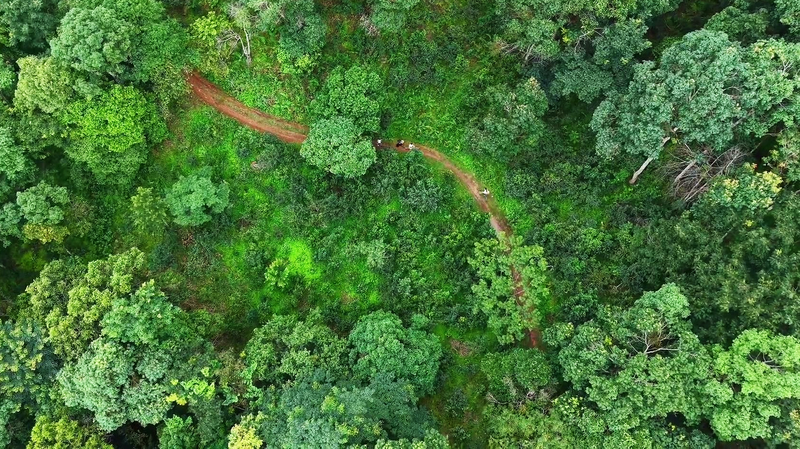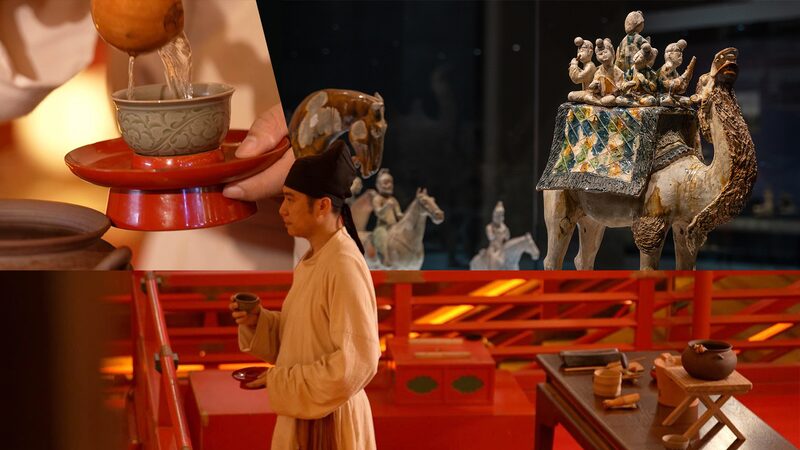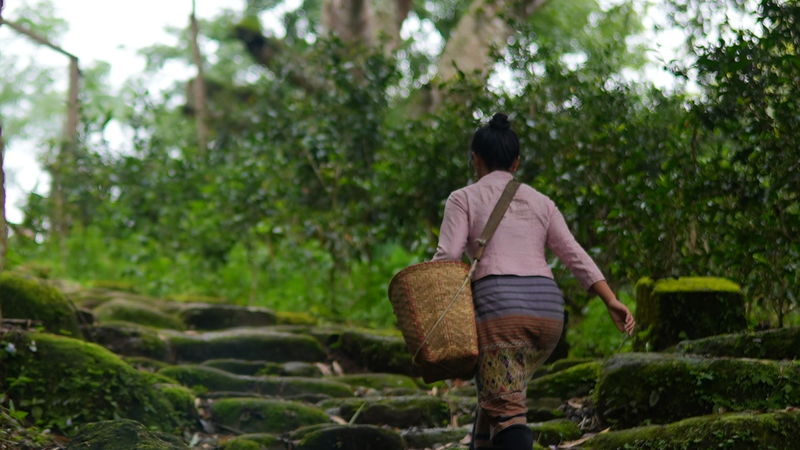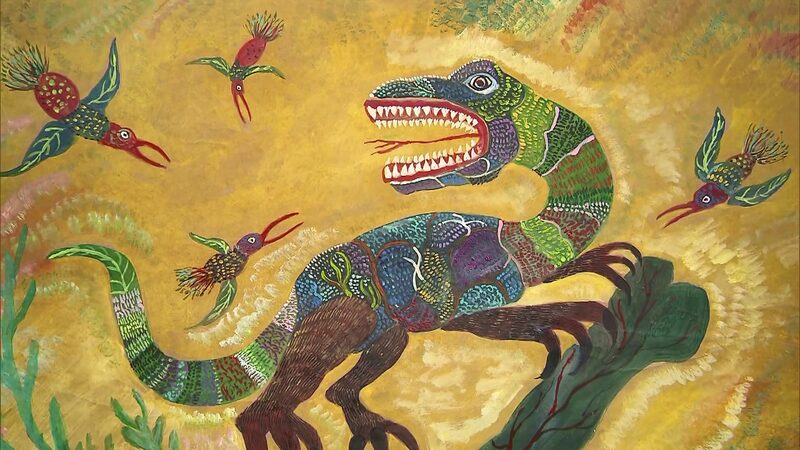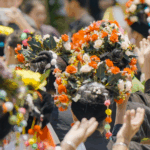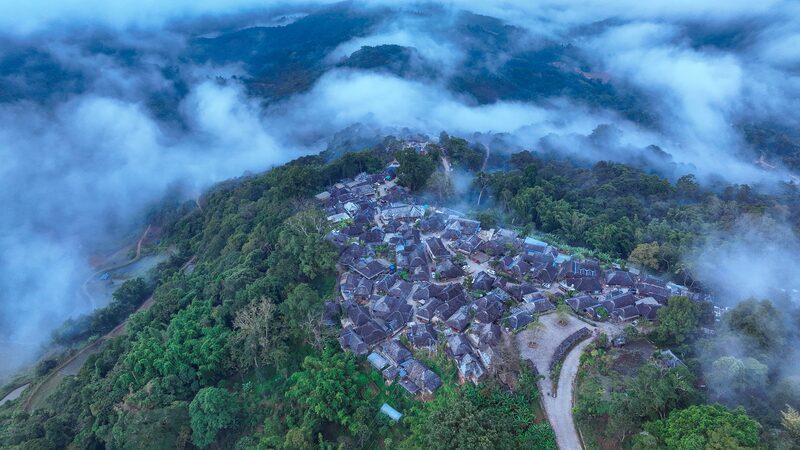Deep within Yunnan Province's Jingmai Mountain rainforest, a young Blang guide walks beneath a canopy of ancient trees, his footsteps tracing paths shaped by generations. For over 1,800 years, the Blang people have cultivated a unique relationship with this ecosystem, where towering tea trees stand as living testaments to sustainable coexistence.
While global climate discussions often focus on technological solutions, the Blang philosophy centers on harmony. "We don't conquer the forest – we become its students," explains the guide, brushing his hand against a tea tree older than the Ming Dynasty. Through rotational harvesting and spiritual practices honoring nature's rhythms, this community maintains one of Asia's best-preserved arboreal ecosystems.
Researchers note the Blang's pu'er tea forests demonstrate remarkable biodiversity, with 118 bird species and 21 mammal types recorded. Their agricultural model – combining tea cultivation with native vegetation – offers insights for sustainable development initiatives worldwide.
As climate challenges intensify, Jingmai's story resonates beyond its misty peaks. The United Nations Food and Agriculture Organization recently recognized these tea-growing forests as a Globally Important Agricultural Heritage System, highlighting their relevance to modern ecological debates.
Reference(s):
cgtn.com
